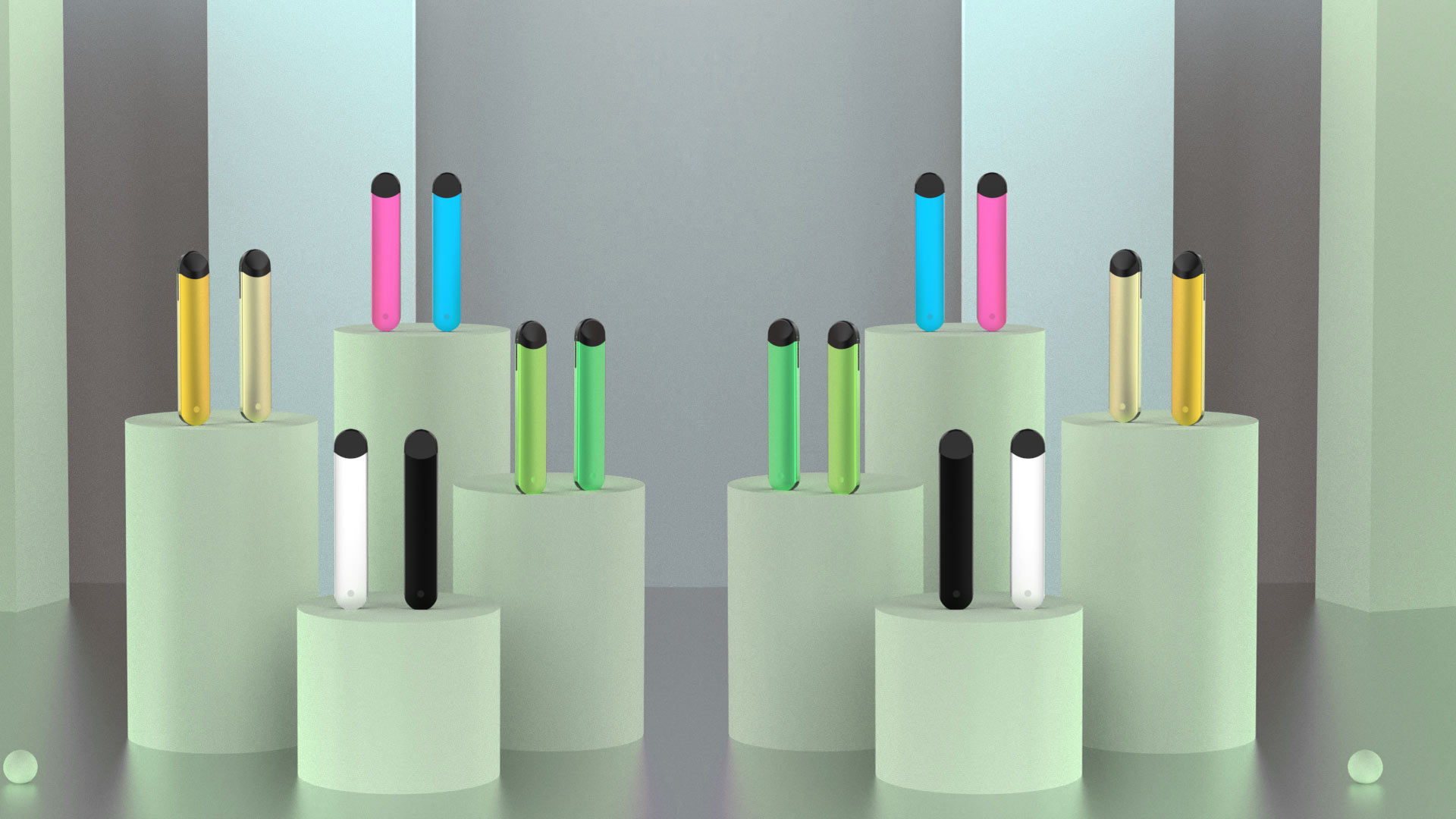

What should know about HHC
What Is HHC?
HHC stands for hexahydrocannabinol. It is a hydrogenated form of THC and can be found naturally in cannabis plants. It has two hydrogen atoms in place of the double bond that’s found in THC, which makes it less prone to oxidation. Not easily oxidizing increases the overall stability of the cannabinoid, which, in turn, results in a longer shelf life for HHC products.
Although HHC can be detected in plants, it is only present in small amounts. For this reason, much of what is in HHC products is made synthetically. This is done through the process of hydrogenation, wherein either naturally occurring THC or CBD that has been transformed into THC is saturated with hydrogen atoms.
The same process of hydrogenation that is used on CBD extract is how vegetable oils are turned into margarine. The first time HHC was semi-synthetically created in this manner was when chemist Roger Adams hydrogenated Delta-9 THC back in 1944. It was again experimented with in the 1960s and ‘70s, but has not been studied extensively until now.
THC vs. HHC
Though most of the molecular structure of HHC is identical to that of THC, there is a key distinguishing difference. While the recently popularized cannabinoids Delta-7, -8, and -10 are also slight variations of the most popular and abundant Delta-9 cannabinoid, they all vary in the location of the double bond in their molecular structure. They are all THC, just with varying degrees of compatibility with the endocannabinoid system.
In contrast, HHC comes about when the double bond is broken and replaced by hydrogen. The added hydrogen makes HHC more structurally stable than THC, which allows it a significantly longer shelf life. Along with a reduced vulnerability to oxidation, HHC can also withstand heat and UV exposure better than THC.
Is HHC Legal?
As is the case with many of the products that have recently appeared on the market, HHC falls into a legal gray area, and there’s a reason for that. Since the Farm Bill was passed in 2018, all hemp-derived substances that contain less than 0.3% THC are not considered a controlled substance and are thus technically legal. As long as all products originate from a substance that has been extracted from a hemp plant, the resulting product is also a legal hemp derivative.
Some have even expressed that HHC may have even greater legal promise than the Delta varieties of THC simply because it isn’t actually THC at all. While all Delta varieties still contain up to 0.3% Delta-9 THC, HHC doesn’t have the same double bond and doesn’t metabolize into 11-hydroxy-THC. Furthermore, some states have already banned Delta-8 and Delta-10, but HHC does not fall under the same rules.
As it stands, HHC seems to remain federally legal under the 2018 Farm Bill, but it should be noted that some states are more liberal about psychoactive substances than others. Always exercise caution and be aware of the laws in your state.

